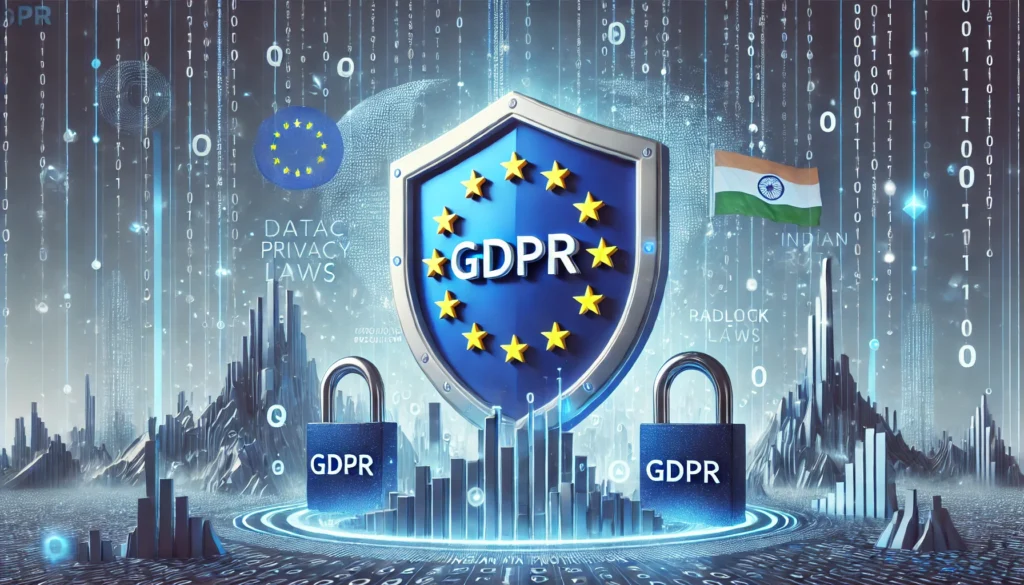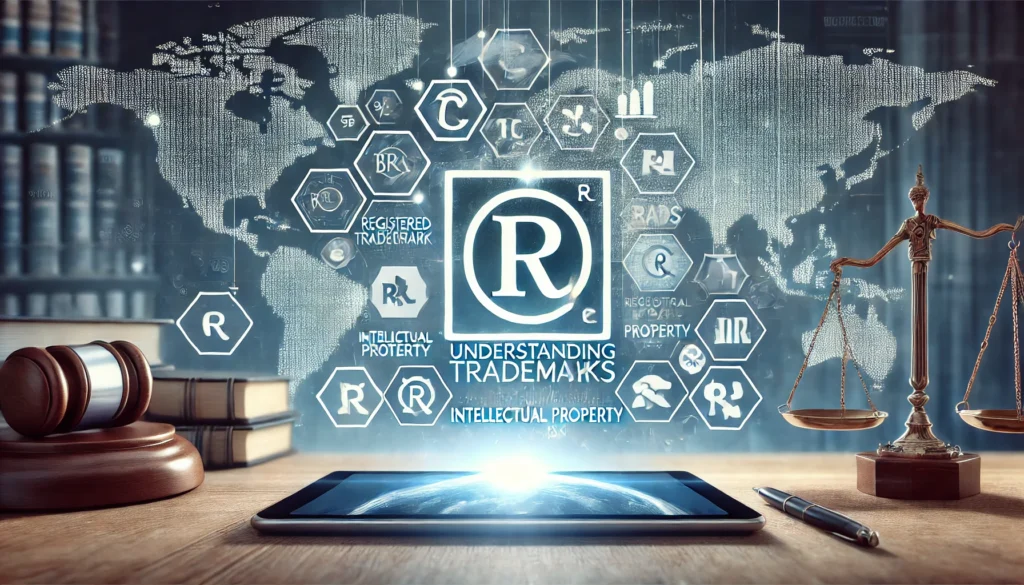Published on 04th August 2025
Authored By: Uma Muthukaveri N
Government Law College Ramanathapuram
ABSTRACT
In India, the people went on a trend in March focusing on Ghibli art. This involves converting photos using AI tools. Which was created by Hayao Miyazaki. He was an animator, filmmaker, and manga artist. He co-founded Studio Ghibli. He created an image for his animation. So he drew the image, which took almost one year for him. Then the people use images created by the AI tools. At that time his efforts were becoming useless. And the people aren’t aware of those AI tools. Because they are giving their photos to the AI tools which then turn into Ghibli-style Art. So in that scenario, the AI tools are collecting their data. It will affect their privacy. Due to the profound impact that the issue had on me. I opted to write an article about Artificial Intelligence.
INTRODUCTION
Artificial intelligence means that a robot is acting like a human being. And if anyone wants information about their actions, they will ask AI tools. This shows the results of their queries. Some results are not one hundred percent correct. Because most of the data is incorrect. But the people aren’t aware of those AI tools. They trust AI tools that Much. Sometimes the AI gives wrong information about their health care routine, like you have symptoms of severe illnesses. Then the people might be afraid of that. It will affect their physical and mental health, and also affect their decision-making process. It’s not good for them. It creates a way for increasing cybercrimes. In the legal profession, AI tools are not used for good because they give wrong information about case laws, facts, and summaries. It will affect our legal system enormously. The founder of AI is John McCarthy [1927-2011]. He is an American scientist often hailed as the father of AI. The father of AI in India was Raj Reddy [Dabbala Rajagopal-1937]. He is an Indian American scientist and a winner of the Turing Award. Examples of AI tools are voice assistants, online recommendation systems, self-driving cars, and customer service chatbots.
HOW THE PEOPLE USE THE AI TOOLS
In India, the people using AI tools in their day-to-day lives. Like asking the AI tools to give them a health care routine and morphing photos, creating a voice Of celebrities, in this way, people are using AI tools as their primary sources. And creating memes or troll videos. Absolutely it will affect their thinking and decision making process. Some people are affected by morphing photos or by memes enormously. At the end it will amounts them to commit a suicide like that. The people’s are using the AI tolls for their fun full life. The AI tools are the most dangerous one for the people in the world. Because when AI tools are comes under used of people, the people only use AI tools for their projects, assignments, like those. In that scenario, the, AI tools are affecting people’s thinking process, and it will make them more lazier and a dumber. So the government must prevent those AI tolls for public welfare. Most commonly women face so many problems under the AI tools like morphing videos or troll videos. It will affect them so badly. So the government should consider this for women’s safety. The people using AI tools are using them in two ways: one is personal use, and the other is professional use.
DISADVANTAGES OF ARTIFICIAL INTELLIGENCE
Problems or disadvantages of AI tools are morphing photos, copyright issues, meme or troll videos lack of creativity encouragers human laziness like that is the biggest problem under the AI tools. Morphing is a special effect in motion pictures and animations that changes (or morphs) one image or shape into another through a seamless transition. Traditionally such a depiction would be achieved through dissolving techniques on film. Copyright means copying another person’s ideas or content without their permission, which amounts to a crime under The Copyright Act (1957). The people are using AI tools for creating memes or troll videos, which is one of the common problems. Most importantly it will affect their privacy The Indian constitution (195[1]0) article 21 speaks about privacy. Privacy means no person shall be deprived of their life or personal liberty except according to the procedure established by law. And the AI tools make people lazier. And also it raises environmental issues. These are the problems or disadvantages of AI tools.
LEGAL STATUTES FOR ARTIFICIAL INTELLIGENCE
Here are some legal statutes for AI tools.
- The Copyright Act -1957[2]: The purpose of the act is to protect original literary, dramatic, musical, and artistic works, including cinematograph films and sound recordings, from unauthorized use. This act was passed by the Indian parliament. And it was enacted on June 4, 1957. The Copyright Act has been amended from time to time, including the Copyright (Amendment Act 2012), which was aimed at addressing specific imbalances in Copyright. It will apply all over India. If any person were copy If someone’s ideas are considered content, it is a crime under this act and is punishable under this act. Section -63 speaks about the punishment for this act, which amounts to a minimum of six months, which can extend is three years.
- The, Information Technology Act- 2000[3]: The IT Act is a foundation law in India that has played a crucial role in shaping the legal landscape of the digital world. It has been instrumental in promoting e-commerce, facilitating electronic governance, and addressing the challenges of cybercrime and data protection. This act was amended in 2008. For expanding the scope of the act to include stricter on cybersecurity, data protection, and intermediary liability. If any person was doing cybercrime they are punished under this act . Cybercrimes means hacking, stole someone’s identity, stolen computer sources like those. The punishment for the cybercrime under this act depending on the specific offences. Sec -66 for hacking and other computer related offences. While sec-66B, 66C,and 66D deal with receiving stolen computer sources, identity theft and cheating by personation, respectively.
- The Digital personal Data protection Act- 2023[4]: DPDP Act aims to safeguard digital personal data in India, granting individual greater control over their information and ensuring responsible data processing by entities. It establishes obligations for “data fiduciaries”. The act emphasizes the need for clear and accessible information about data processing practices, including informed consent, and provides mechanisms for data ensure, appointment of digital nominees, and data access. The penalty for violating the DPDP Act is specified in Retrospection Section 33 of the Act. This section outlines the penalty for various breaches, including data breaches, breaches of obligations for data fiduciaries, and breaches of voluntary undertakings. The penalties can be significant, ranging from rupees 10,000 to rupees 200 crores, depending on the nature and severity of the breach.
CASE LAWS
- The Anil Kapoor v Simply Life India and Others (2023[5]): This case was a landmark judgement in India that protects an actor’s personality rights in the digital age. The Delhi High Court ruled in favor of Anil Kapoor, restraining unauthorized parties from using his name, likeness, voice, and persona for commercial purposes. The court addressed The Misuse of AI technology to manipulate Kapoor’s image and persona, creating deepfakes and other objectionable content. The ruling emphasizes the importance of safeguarding a celebrity’s persona from unauthorized commercial exploitation. The judgement showcases the need for laws to adapt to emerging challenges posed by AI and digital media. The case has implications for the entertainment industry and beyond, highlighting the importance of protecting individual rights in the digital age.
- Tata Sons v Hakunamatata Tata founders and Others (2021)[6]: Tata Sons Limited, the holding company of the Tata group, claimed ownership of the well-known Tata mark. Hakunamatata Tata founders and Others based in the UK and the US are dealing in Cryptocurrency under the name Tata coin/ $Tata. The Delhi High Court held that the plaintiff is entitled to a permanent injunction against infringement of their registered trademarks. The court granted an interim injunction restraining the defendants from using the “Tata” mark, except for the domain name, which was not considered infringing. The court directed the defendants to take down the website and delist it from Crypto assets bearing the “Tata” mark. This case was filed under the copyright issues.
- Thomson Reuters v Ross Intelligence (2025): Thomson Reuters owner of Westlaw, a legal research platform with copyrighted headnotes and a key Number system. Ross Intelligence is an AI startup that has developed a legal research tool using Westlaw’s headnotes without permission. The court granted partial summary judgement for Thomson Reuters, finding that Ross Intelligence on over 2,000 Westlaw headnotes. The court rejected Ross’s fair use defense, citing that the use was commercial and competitive with Westlaw.
AWARENESS FOR PEOPLE
People should be aware of those AI tools. Because it will affect the people enormously. So we must spread the awareness to people To protect their data From the AI tools. We should be conducting a programme or sessions, webinars in this way we try to spread the news to the people. It will be very helpful for people who use those AI tools in their day-to-day lives.
CONCLUSION
In that scenario, I suggest the Government introduce some effective laws or statutes to prevent those AI tools and organize a committee to prevent this. And every state must organize a committee and submit an annual report to the central government. It is useful to people and government bodies to prevent those things.
In the recent times most of the people’s are using those AI tolls in their everyday life. Which shows results of their queries. That results are not fully correct. So The people might be aware of those for their grateful future. And the people whatever they want they might think and do by their own it is a way for avoid those AI tools. The analytical thinking of own makes the people more intelligent and it also good for their physical and mental health. And it’s also makes people more professional.
REFERENCES
[1] Constitution of India 1950,art 21
[2] The Copyright Act 1957
[3] The information Technology Act 2000
[4] The Digital Personal Data Protection Act 2023
[5] The Anil Kapoor v Simply Life India And Others (2023) Sep
[6] Tata sons v Hakunamatata Tata founders and Others (2021) Oct




